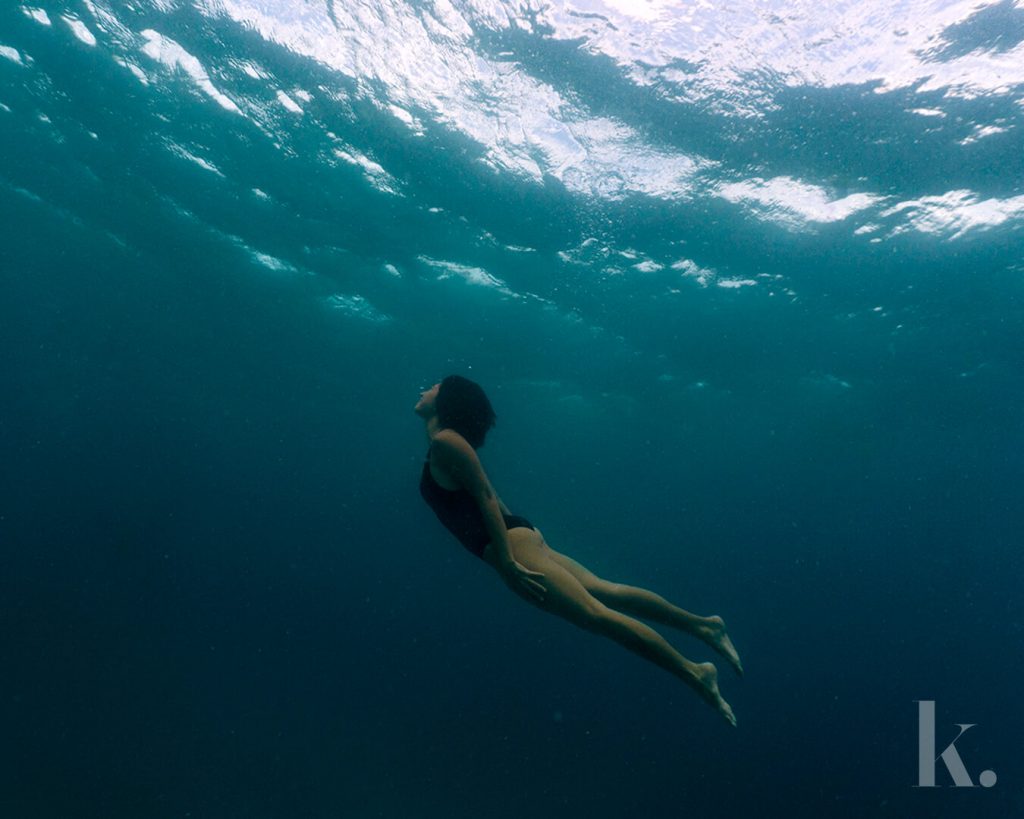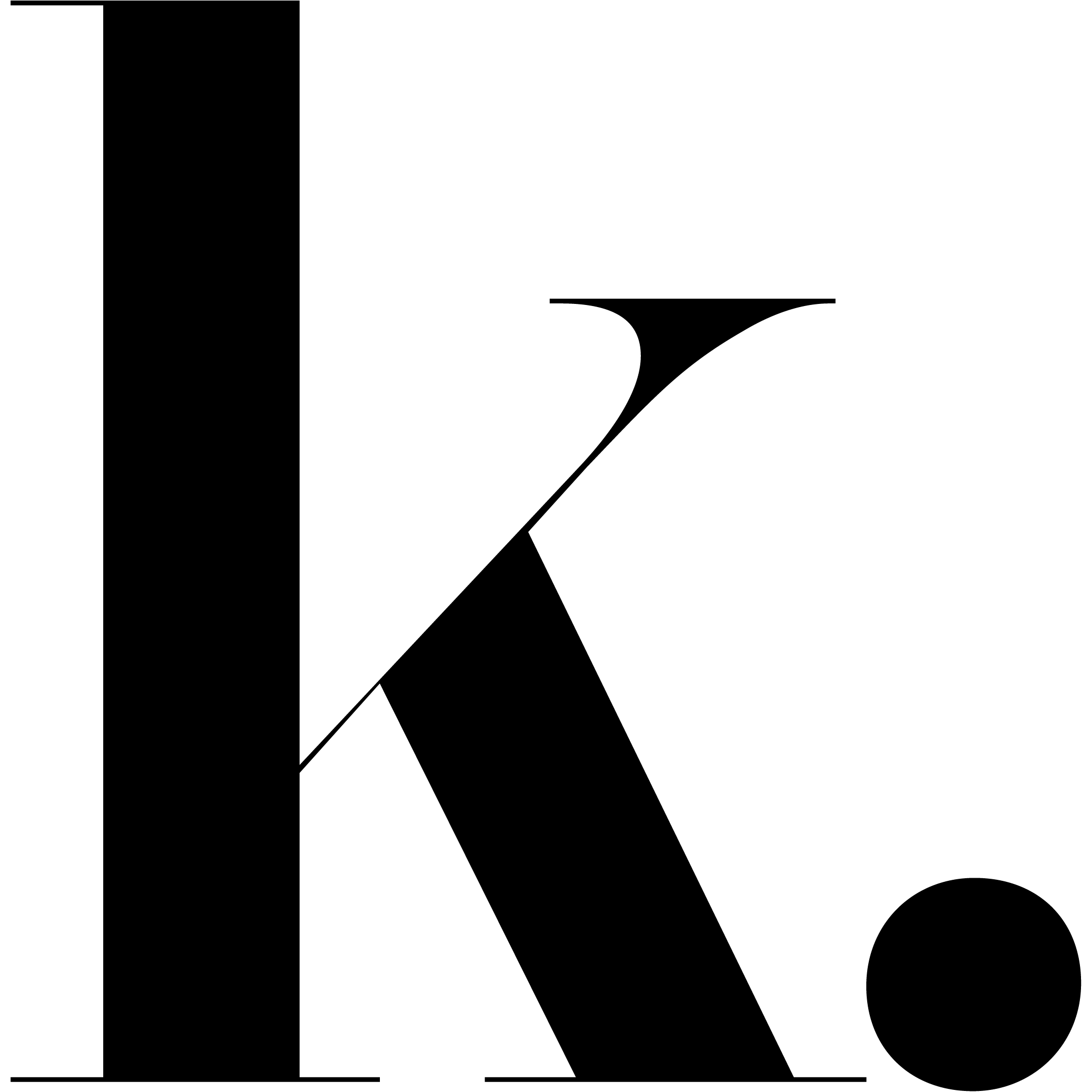In this day and age of information, most people have probably seen, read, and heard all about climate change—what causes it, what its effects are, how pollution ties into what’s happening to our environment, what people can do to make a change. It’s not unlikely that you’ve seen the graphic photos of the turtles ingesting plastic straws floating in the ocean, the videos of the melting glaciers and rising sea levels, and the scholarly articles saying that there could be more plastic than fish in the ocean by 2050.
What is likely, though, is that the latter is inevitable if we do not take measures to prevent it. The onus is not just on the large corporations dumping their waste into the ocean—it’s also on the general population to make some changes in their lifestyle.
This begs the question of how to begin. Jessika Knight, one of the eco-warriors on the island, says that it’s best to start with what you have. “There’s no need to go crazy and buy things,” she adds.
“All you need is the will to try. It takes effort, and you won’t get it right all the time. At the end of the day, I do believe it’s about doing what you can with what you have.”
Jessika works in the hospitality industry, but enjoys outdoor activities such as scuba diving, in which she recently completed her advanced open water course.
The 27-year-old transitioned into an eco-conscious lifestyle in 2017 after a trip to Japan, where she saw trash only where it belonged: in the trash can. She noticed the stark contrast between Japan and the Philippines, where the latter had trash lying on the streets, on the beaches, and out in the open seas. After watching the documentary A Plastic Ocean—where she found out an alarming 8 million tons of plastic gets dumped in the ocean—she felt the need to live more eco-consciously, and learned about the zero-waste community.
“It started with plenty of online reading and making small changes,” Jessika recalls. “One Instagram account I found very inspiring, and helped make the transition easier is Anita Vandyke’s.” From there, she made her own Zero Waste Kit, which consisted of a reusable tote bag for her grocery and shopping trips, reusable cutlery and straw to avoid using plastic, and a reusable water bottle that she could just refill throughout the day.”

These small steps paved the way for Jessika to integrate more lifestyle changes. “Later on, I started incorporating other habits, such as eating less meat and becoming more plant-based. I started doing my own mini beach clean-ups during my beach trips. I also started to share my journey with others by posting online via Instagram stories and posts.”
Jessika recalls that she used to get weird looks in public dining spaces whenever she took out her own cutlery. She also shares that there were many times when her drink was served with a straw despite refusing one, or situations when she had no choice but to use plastic bags because she forgot her grocery bag at home. “At the end of the day, it’s all part of the journey and it is what makes it worthwhile. Always remember to be patient with yourself, and also with the waiter who still served you a plastic straw!” she says with a laugh.
Clearly, the transition is a difficult process in itself, but she believes that little changes can make an impact. For her, aiming for zero waste is not a practical goal, as it would just cause frustration and stress—most people would just end up quitting. “I think that’s where the perception of it being a hard lifestyle comes from,” she muses. “At the end of the day, in some way or another, we will end up creating waste. It’s up to us to become more mindful about the waste we create, and to manage that waste as responsibly as possible.”

Jessika also emphasizes how education and proper communication are important in helping people understand the gravity of the environment’s current situation, especially for the common folk who may not have the privilege to learn more about sustainability. In the Philippines where agriculture and tourism are what drives the economy, poor waste management habits will have extremely negative effects on their livelihood.
“You don’t really need any expensive tools to refuse disposables and make better decisions,” Jessika says. “All you need is the will to try. It takes effort, and you won’t get it right all the time. At the end of the day, I do believe it’s about doing what you can with what you have. When I started back in 2017, when the concept was still quite fresh, it was hard. Now, there are so many businesses that are starting to get on board with providing eco-friendly choices that it is so much easier.”
“At the end of the day, in some way or another, we will end up creating waste. It’s up to us to become more mindful about the waste we create, and to manage that waste as responsibly as possible.”
The change was especially evident in the recent year, when many home-based online businesses popped up during the series of quarantines. There was a notable shift in the packaging, such as compostable takeout containers, paper bags, compostable cassava plastic bags, and honeycomb wrapping paper.
“I do believe and hope this trend continues,” Jessika says of the movement. “This is definitely one step in the right direction, and it also shows that many more people are becoming more eco-conscious about their waste. I believe that every business owner has a responsibility to provide eco-friendly packaging. If small online businesses can do this, then major corporations have absolutely no excuse. They should be held accountable, and it is up to us as consumers to demand that they do this.”
It’s never too late to make a change, no matter what your lifestyle used to be. “This is something I will forever regret,” Jessika recalls. “I used to always have a pack of plastic straws at home, and would use one every time I had my morning smoothie. This memory still burns me to this day.”

Despite the challenges in leading a more sustainable lifestyle, Jessika continues to do her part for the benefit of the environment and the future generation. In fact, she shares some doable tips for people who are trying to make the transition:
- Start with what you have. My three essentials are: any bag for grocery/shopping trips, any reusable water bottle and cutlery for eating out. You can even use a spoon and fork from your kitchen drawer.
- Refuse the straw! Just drink it straight from the cup.
- Shop locally. Local vendors don’t have plastic-wrapped vegetables and fruits, and the money you spend goes straight to them.
- Become a mindful consumer. Educate yourself to make better choices.
- Since deliveries are now the trend, when using food delivery apps, indicate in the notes section that you don’t want any plastic cutlery and plastic bags.
Jessika Knight documents her simple, slow and conscious living on her Instagram account @jessikaknightt, and through the hashtag #EcoJess.
photography Chester Baldicantos



2 thoughts on “Jessika Knight Shares Her Zero-Waste Journey—And How You Can Start Yours”